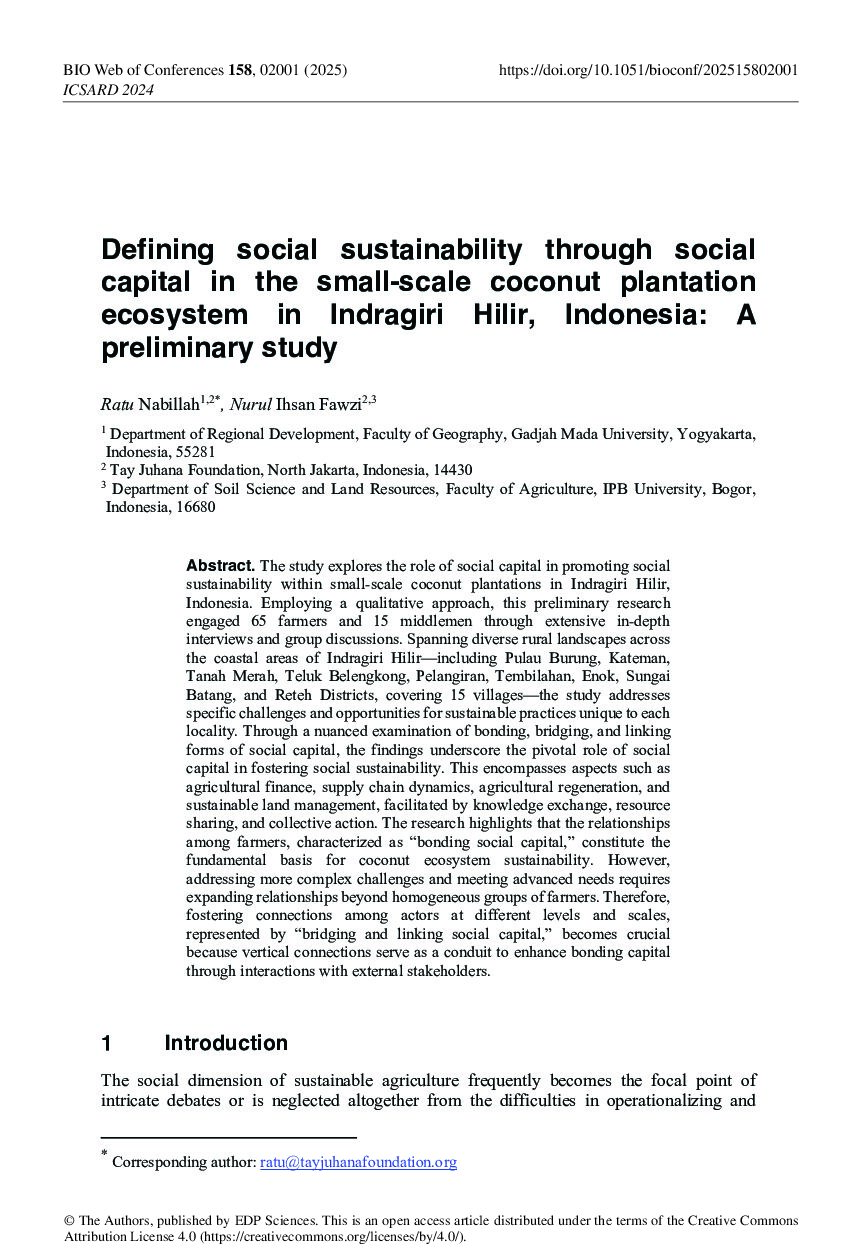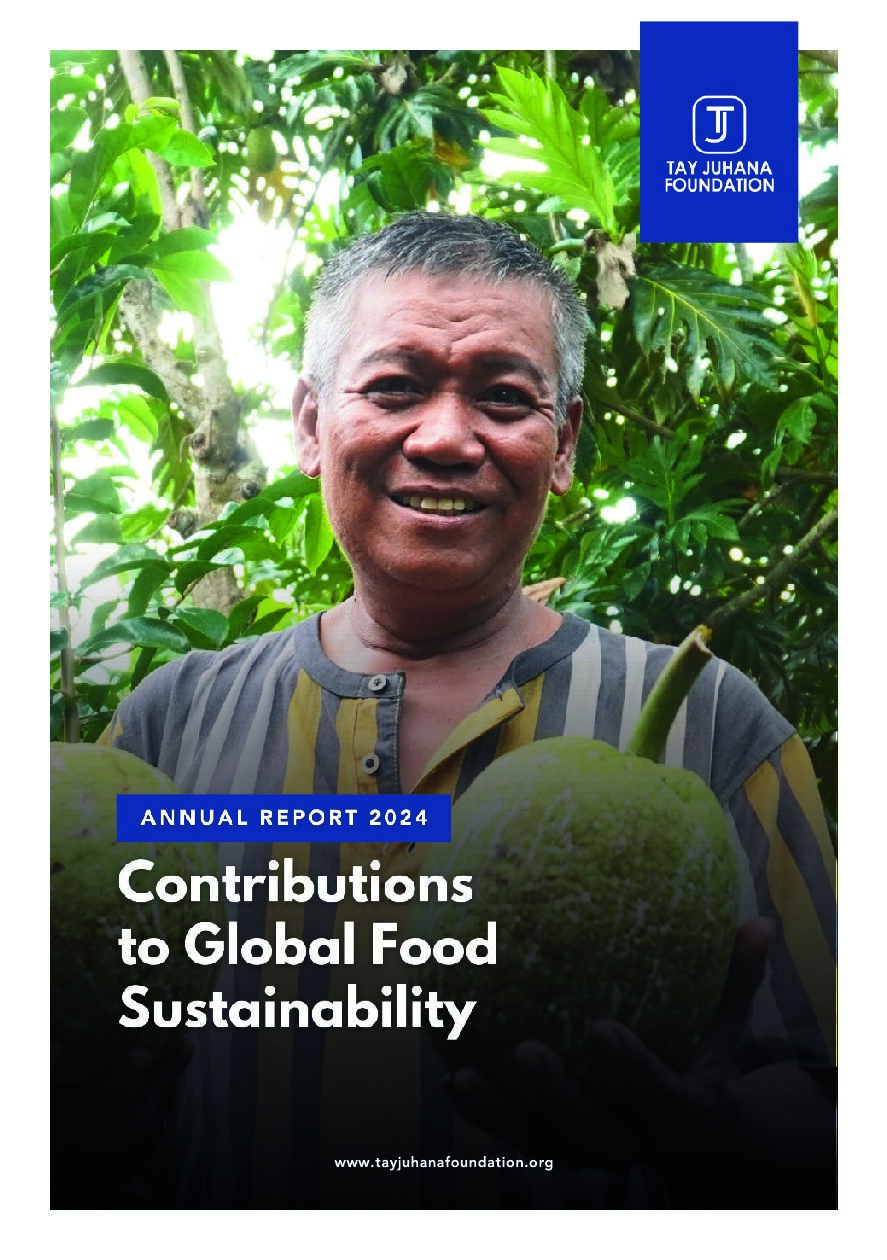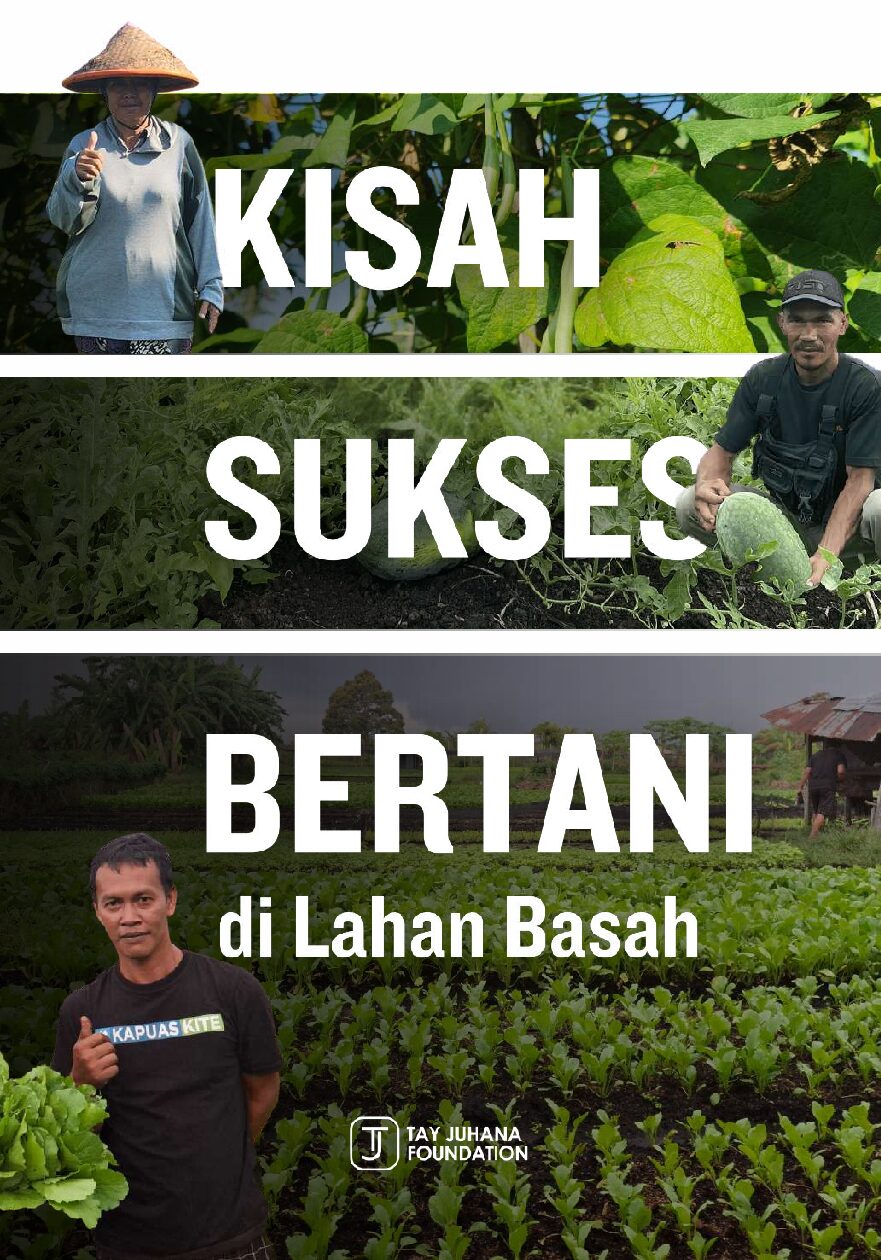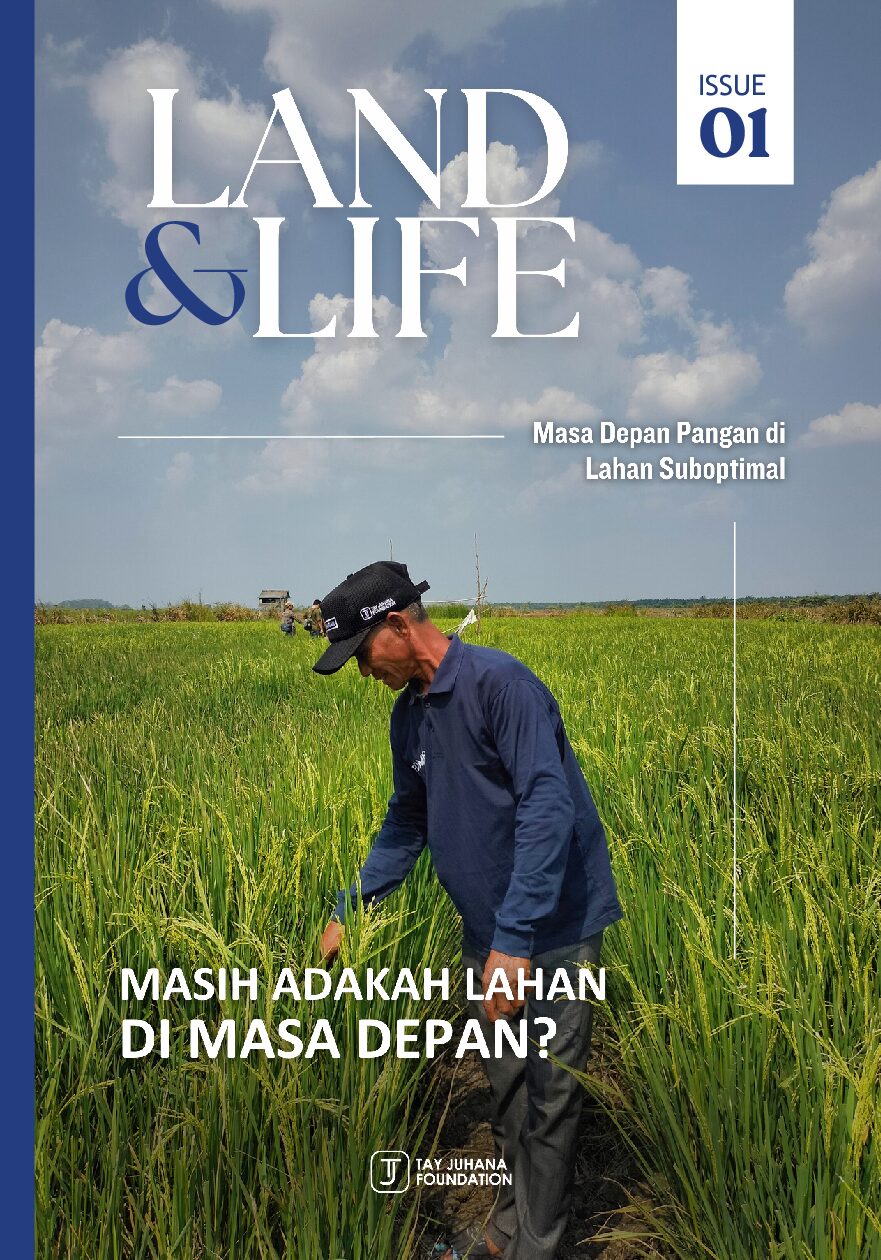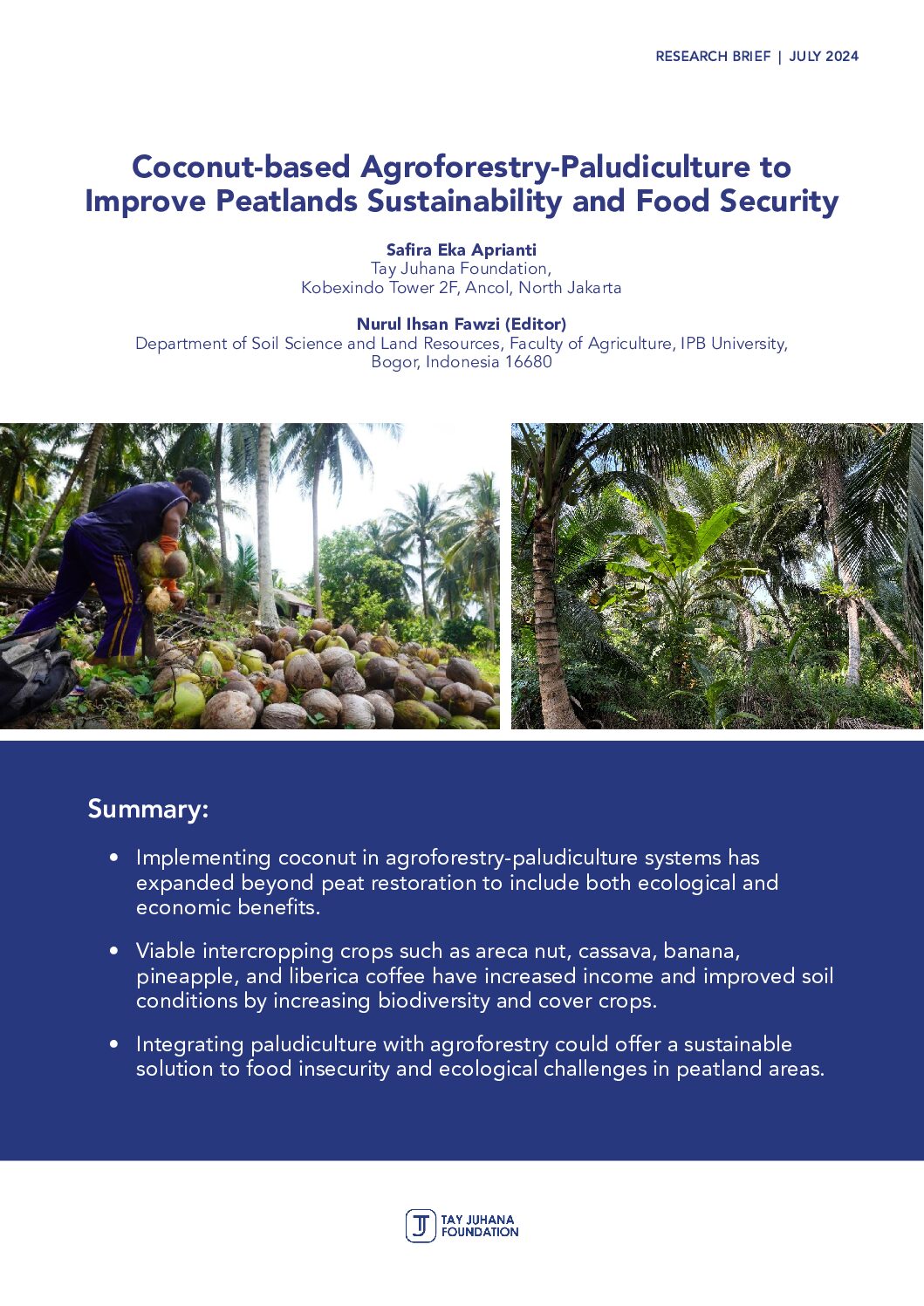The study explores the role of social capital in promoting social sustainability within small-scale coconut plantations in Indragiri Hilir, Indonesia. Employing a qualitative approach, this preliminary research engaged 65 farmers and 15 middlemen through extensive in-depth interviews and group discussions. Spanning diverse rural landscapes across the coastal areas of Indragiri Hilir—including Pulau Burung, Kateman, Tanah Merah, Teluk Belengkong, Pelangiran, Tembilahan, Enok, Sungai Batang, and Reteh Districts, covering 15 villages—the study addresses specific challenges and opportunities for sustainable practices unique to each locality. Through a nuanced examination of bonding, bridging, and linking forms of social capital, the findings underscore the pivotal role of social capital in fostering social sustainability.
This encompasses aspects such as agricultural finance, supply chain dynamics, agricultural regeneration, and sustainable land management, facilitated by knowledge exchange, resource sharing, and collective action. The research highlights that the relationships among farmers, characterized as “bonding social capital,” constitute the fundamental basis for coconut ecosystem sustainability. However, addressing more complex challenges and meeting advanced needs requires expanding relationships beyond homogeneous groups of farmers. Therefore, fostering connections among actors at different levels and scales, represented by “bridging and linking social capital,” becomes crucial because vertical connections serve as a conduit to enhance bonding capital through interactions with external stakeholders.
Download the Full Paper here


